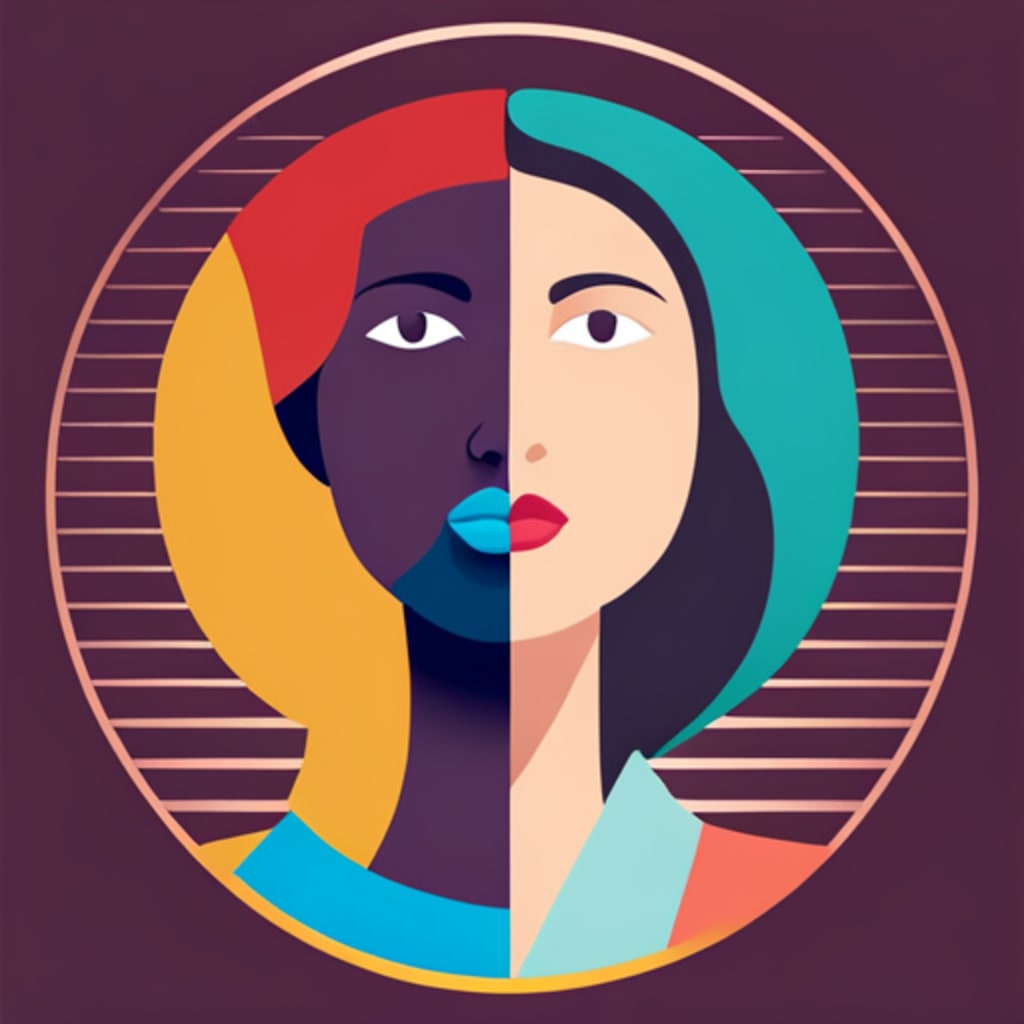Women's Empowerment & Gender Equality: An Agenda For Progress
Women's Empowerment

Women's empowerment and gender equality are crucial aspects of achieving a just and inclusive society. While progress has been made, there is still much work to be done to ensure equal rights, opportunities, and representation for women globally. This article explores the importance of women's empowerment and gender equality as a transformative agenda, discussing the reasons why it matters and the benefits it brings to individuals, communities, and societies as a whole.
1. Equality and Human Rights
Women's empowerment and gender equality are fundamental issues of equality and human rights. Every individual, regardless of their gender, deserves to be treated with dignity, respect, and fairness. Gender equality means recognizing and addressing the disparities, discrimination, and biases that women face in various spheres of life, including education, employment, politics, and access to resources. It aims to dismantle the barriers that limit women's opportunities and hinder their progress.
2. Social and Economic Development
Promoting women's empowerment and gender equality is essential for social and economic development. When women have equal access to education, healthcare, and economic opportunities, it benefits not only them but also their families and communities. Empowered women contribute to stronger economies, improved health outcomes, and better education for future generations. Gender equality drives innovation and fosters diverse perspectives, leading to more inclusive decision-making and sustainable development.
3. Political Representation and Leadership
Achieving gender equality involves ensuring women's equal representation and leadership positions in politics, governance, and decision-making processes. When women have a seat at the table, policies and laws become more inclusive, responsive, and representative of the needs and aspirations of all members of society. Women's perspectives and experiences bring valuable insights and contribute to the creation of more equitable and just societies.
4. Ending Gender-Based Violence
Women's empowerment and gender equality are integral to addressing and ending gender-based violence. By challenging harmful gender norms, stereotypes, and attitudes, we can create a culture of respect and equality, where all forms of violence and discrimination are unacceptable. Empowered women have the agency and resources to speak out against violence, access support services, and advocate for change. Gender equality fosters a society where everyone feels safe and secure, regardless of their gender.
5. Health and Well-being
Promoting women's empowerment and gender equality positively impacts women's health and well-being. When women have access to quality healthcare, including sexual and reproductive health services, they can make informed decisions about their bodies and reproductive choices. Gender equality also addresses the underlying factors that contribute to women's vulnerability to health issues, such as gender-based violence, limited access to education, and discriminatory norms. By empowering women to take control of their health and well-being, we can improve overall societal health outcomes.
6. Breaking Stereotypes and Challenging Bias
Women's empowerment and gender equality challenge harmful stereotypes and biases that limit opportunities and perpetuate discrimination. By promoting equal access to education and dismantling gender-based expectations, we empower women to pursue their ambitions and overcome societal barriers. This leads to a more inclusive society that values diversity, celebrates achievements regardless of gender, and allows individuals to fulfill their potential without being confined by traditional gender roles.
7. Intersecting Identities and Inclusivity
Women's empowerment and gender equality must be intersectional and inclusive. It is crucial to recognize that women's experiences are shaped by their intersecting identities, including race, ethnicity, class, religion, disability, and sexual orientation. Intersectionality acknowledges the unique challenges faced by marginalized women and ensures that their voices and needs are heard and addressed in the pursuit of gender equality. Embracing inclusivity creates a more comprehensive and equitable agenda, ensuring that no woman is left behind.
Conclusion
Women's empowerment and gender equality are not only moral imperatives but also critical for achieving a just and inclusive society. By promoting equal rights, opportunities, and representation for women, we create a world where everyone can thrive and contribute to their fullest potential. Gender equality benefits individuals, families, communities, and societies as a whole, fostering social and economic development, improving health outcomes, and ensuring a more equitable and just future. As we continue the journey towards gender equality, it is crucial to recognize that empowering women is not a zero-sum game but a shared responsibility that benefits us all.






Comments (2)
One love our women deserved better
Nice story